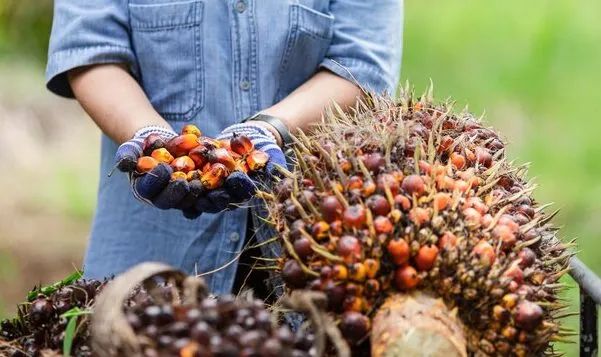Bengaluru, August 11, 2025: In response to a growing number of “No Palm Oil” marketing campaigns by select food brands. Dr. Rajeev Churi, National President of the Oil Technologists’ Association of India (OTAI), has expressed concern over what he describes as the deliberate exploitation of consumer sentiment through fear-based messaging.
In response to this recent trend, Dr. Churi emphasised the importance of maintaining public discourse on food and nutrition rooted in scientific rigour and balanced information. He further urged stakeholders across the food industry, regulatory bodies, and the media to foster and promote informed decision-making by consumers, and to refrain from perpetuating unfounded claims.
Dr. Churi said, “These campaigns, which position palm oil as inherently unhealthy, lack support from scientific evidence. Rather, they appear to be strategies aimed at gaining market differentiation.”
India’s 2024 Dietary Guidelines, issued by the Indian Council of Medical Research–National Institute of Nutrition, reaffirm the role of palm oil when used as part of a balanced diet. The guidelines also highlight tocotrienols’ role in reducing blood cholesterol.
Experts recommend rotating oils, such as palm, groundnut, sesame, rice bran, sunflower, etc., to ensure a balanced fatty acid intake.
Dr. Churi further added, “The growing and widespread use of ‘No Palm Oil’ narratives risk distorting public understanding of palm oil which is a safe, widely consumed, and globally regulated edible oil. Palm oil, when used responsibly and as part of a balanced diet, is as safe as any other edible oil. Discussions around its use must be driven by data, not marketing rhetoric. It has been unfairly vilified, despite being nutritionally sound and a key part of diets worldwide. Demonising it will not make processed food healthier. It only confuses consumers and undermines India’s goal of self-reliance in edible oils.”
It is pertinent to know that the Government of India launched the National Mission on Edible Oils. Oil Palm (NMEO-OP) to boost domestic production of edible oils, particularly palm oil, and reduce import dependence. Launched in 2021 with a budget of ₹11,040 crore, the mission focuses on increasing oil palm cultivation area, improving crude palm oil production, and ultimately reducing the country’s reliance on imported edible oils.
Thorough research backs up palm oil’s nutritional profile. It contains a near-equal balance of saturated and unsaturated fats, zero trans fats, and no cholesterol. Rich in tocotrienols (a form of vitamin E), carotenoids, and natural antioxidants, palm oil supports heart, brain, and cellular health. Studies have shown that these compounds lower LDL cholesterol and may offer protection against Alzheimer’s and cardiovascular diseases.
Dr. Churi stressed that marketing gimmicks targeting a single oil distract from the core principles of good nutrition: balance, variety, and scientific understanding. Attacking one fat source without substantiated evidence misleads the public and weakens national efforts towards food security.
Globally, palm oil is the most consumed edible oil. It constitutes a significant proportion, more than 40%, of the total Indian edible oil consumption. Its natural semi-solid form at room temperature also eliminates the need for partial hydrogenation. It help manufacturers avoid harmful trans fats and making it a safer and more sustainable choice for the food industry.

































































